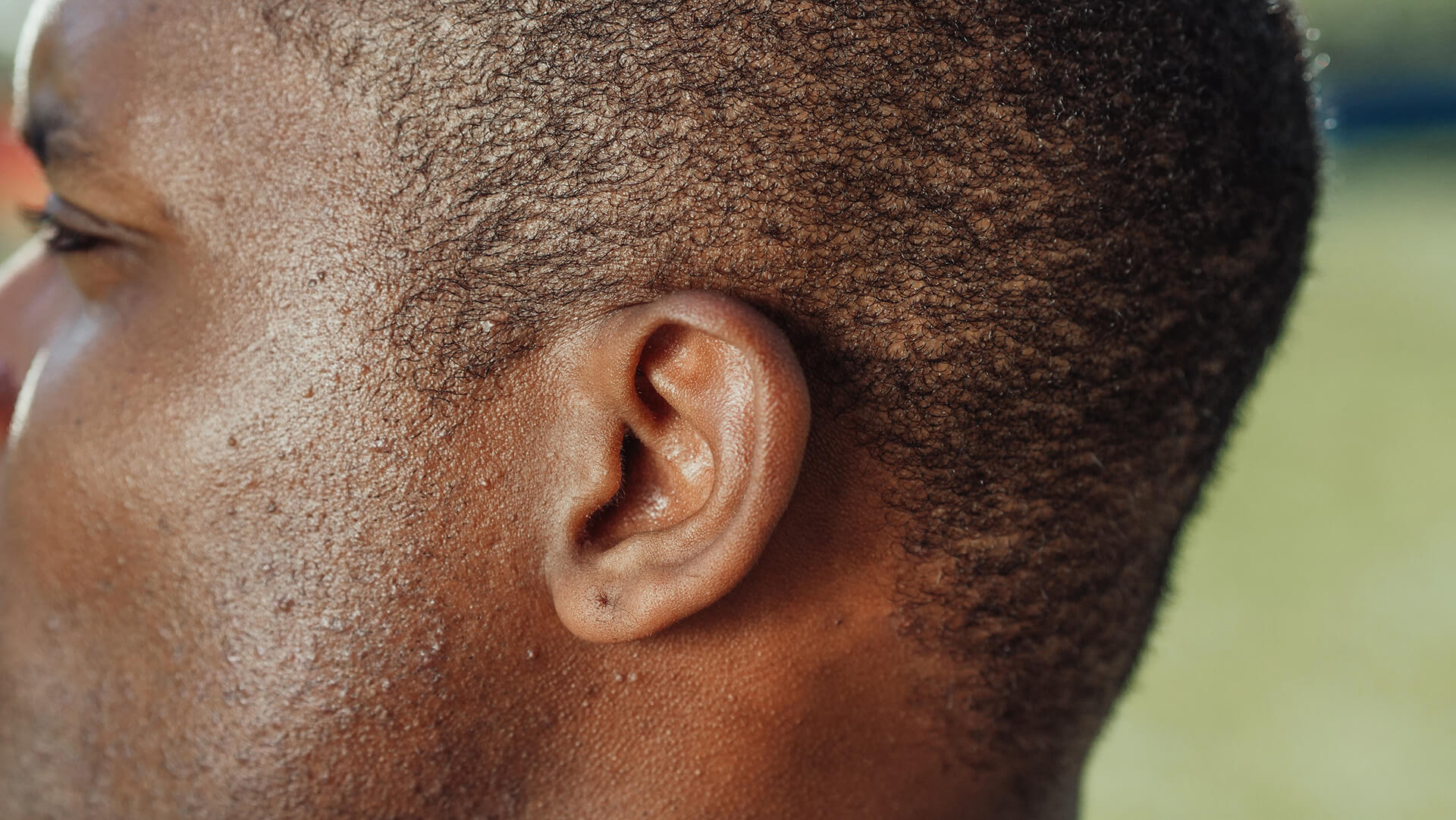Even minor hearing loss can have a significant impact on one’s personal and professional life. But when does the impact grow severe enough to be considered disabling?
Table of Contents
The Severity of Hearing Loss
A person with hearing loss can still hear, but not as well as normal. Hearing loss may be permanent or temporary, present from birth, or appear after a medical condition, and it frequently happens to seniors. It is still regarded as normal hearing when a hearing loss is up to 20 dB below the hearing threshold.
The severity of hearing loss ranges from slight to profound. People with minor hearing loss may have difficulty hearing birdsong outdoors or people speaking across a quiet room, but those with substantial hearing loss may be unable to hear anything at all.
Audiologists use these categories to classify various stages of hearing loss. They do not, however, utilize them to evaluate whether or not someone has a hearing-related handicap.
Recognizing a patient’s handicap, on the other hand, is crucial. Even little hearing loss can have serious consequences for a person’s health and capacity to operate. The question is, at what point does hearing loss become substantial enough to affect a patient’s life?
When Does Noise Endanger Our Hearing?
We are continuously subjected to noises, some of which might be harmful to our hearing. A powerful explosion or other noise that is louder than 140 dB can cause severe hearing damage.
The noise of 90 dB and higher can result in chronic hearing loss if someone is exposed to it often. Examples include hearing loss brought on by often listening to loud music (for instance, using headphones) or using pneumatic drills while wearing insufficient ear protection.
Your hearing may be safeguarded in a number of ways. Foam earplugs provide protection against transient sounds. An option is acoustic earplugs – simple to put on and take off and totally cover both ears. Hearing protection is required for anybody using noisy machinery, such as in the construction of roads or in the manufacturing sector.
There are several terms for defining hearing loss, as well as numerous frameworks for measuring it. It is totally up to you which you select and how they define your identity. Having said that, evaluating your handicap status is generally based on two factors: legal and medical.
What Level of Hearing Loss is Considered a Disability: Medical Standpoint
Based on the volume of noise a person can detect during an audiogram, audiologists categorize hearing loss or deafness. Although the criteria for the many types of hearing loss are somewhat arbitrary, they help clinicians choose the most effective course of treatment.
The many forms of hearing loss and associated decibel (dB) thresholds are listed below:
- Has trouble hearing noises below 20 dB with normal hearing.
- Hearing difficulties at decibel levels below 40 indicate mild hearing loss.
- Having trouble hearing noises below 60 dB indicates moderate hearing loss.
- Having trouble hearing sounds below 80 dB indicates a severe hearing loss.
- Significant hearing loss: trouble hearing noises louder than 81 dB
According to conventional audiology standards, hearing impairments include any inability to hear sounds louder than 21 dB. However, there were differences in the legal classifications of hearing loss-related impairment.
What Level of Hearing Loss is Considered a Disability: Legal Standpoint
The legal term of severe hearing loss serves more as a general framework than a firm foundation. The circumstances of the claimant have a significant impact on the decision to recognize the hearing loss as a handicap.
Possible influencing factors are:
- Whether or not a workplace injury contributed to the hearing loss.
- The degree to which a person’s everyday life is impacted by hearing loss.
- How much the person’s hearing loss affects their ability to perform their job.
- The degree to which auxiliary devices like cochlear implants or hearing aids contribute to illness relief.
Protections and benefits eligibility differs not only by the nation but also by state/province. For instance, in order to be eligible for the disability tax credit in Canada, a person must at least 90% of the time be unable to hear spoken discourse in a private context. Additionally, there are different requirements for provincial disability compensation.
Hearing loss and what constitutes being legally deaf are normally determined at the state level in the United States.
All of this means that while standing on the sidewalk you can be deemed to have a debilitating hearing loss, but not while inside the benefits office.
Is My Hearing Loss a Disability?
Trust the data when in doubt. When you see an audiologist for a hearing test, they can assist you in determining the extent of your hearing loss and the subsequent course of action for treatment. You don’t have to use terminology like “disabling hearing loss” or “hearing impairment” if you don’t like them.
Hearing loss and using hearing aids can be challenging to the point that they are considered disabilities, but it can be much more challenging when it is an “invisible” impairment.
It might be difficult for people to comprehend or notice that you need assistance with anything when they can’t see them. For this reason, it’s crucial to give your hearing loss some thought.
Sources
- https://www.ncbi.nlm.nih.gov/books/NBK390300/
- https://hearingaidsforyou.com/is-wearing-a-hearing-aid-classified-as-a-disability/
Contact Us
If you, or anyone you know, worked in noise and suffers from hearing loss, please do not hesitate to contact us.
Contact Us


